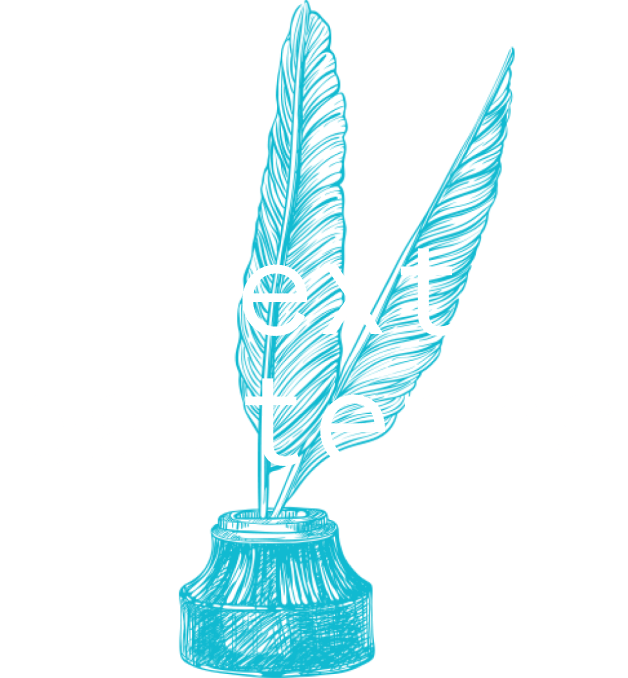October 31, 2016
a technological tale for Reformation Day
What I have been calling the technological history of modernity is in part a story about the power of recognizing how certain technologies work — and the penalties imposed on those who fail to grasp their logic. In his early book Renaissance Self-Fashioning, Stephen Greenblatt tells a story: In 1531 a lawyer named James Bainham, son of...


